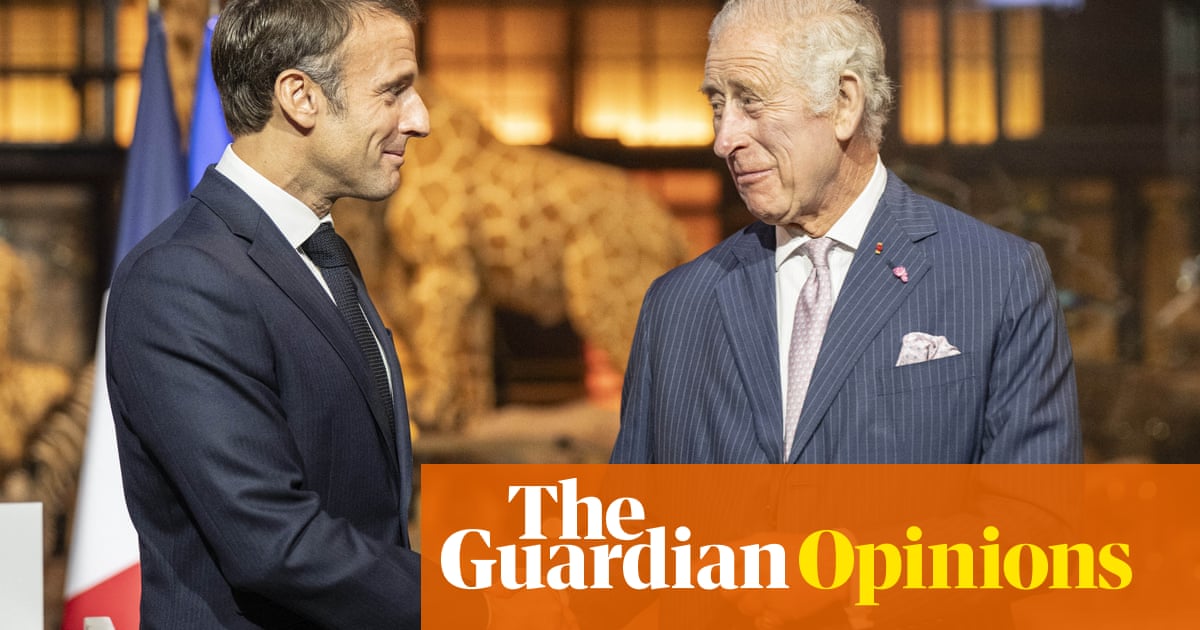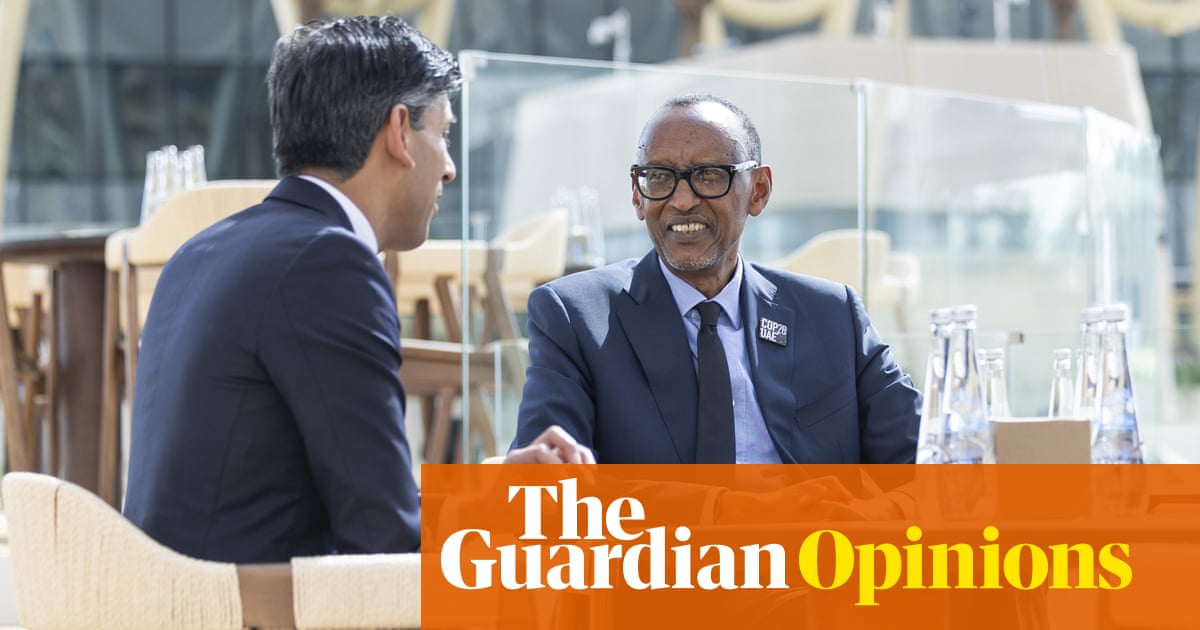
n her 1861 account Incidents in the Life of a Slave Girl, Harriet Jacobs exposed her sexual abuse by her master with lucidity and truth. Yet for more than 100 years, it was accepted academic opinion that Incidents was a novel, written by white abolitionist Lydia Maria Child. It was not until the 1980s that critic Jean Fagan Yellin proved Jacobs to be the true author; Incidents had been autobiographical all along.
In Hollywood, rape narratives are largely penned by men and seen as a motif, because the tension (and tragedy) of the experience creates sympathy, compassion; it formalises emotion. When we see a woman raped and abused on film we absolve ourselves for watching, because we want to understand the ugliness of human atrocity, or so that’s what we say. And when women write about rape, often in literature, its seen as melodramatic, overemotional, too impossible to be true. “Primarily, rape is considered a women’s issue, though this is, of course, hardly the case,” writes poet Moniza Alvi, in the introduction to Feminism, Literature and Rape Narratives, “and perhaps this is partly why it is considered a literary taboo, particularly when conveyed from a female viewpoint.”
I started writing Like a Bird, my new novel, when I was 12. Now I’m 30, and after 18 years it’s finally been published. For more than half my life, I’ve been writing a story that came to me via a dream: a young biracial Bengali girl who is gang-raped and ingloriously cast out of her home. From there, she begins a new life, where she determines her own parameters, morality and rules.
I felt this dream viscerally, like it was my own memory. I remember feeling charged when I woke up, suddenly with purpose. Perhaps that’s why I was able to sustain my motivation to tell it throughout the years. I knew something like this had never been told: a perspective of redemption, one that seeks to comprehend the layers of abuse, and how they impact a person. I wanted to ask, what does it feel like to be suffocated slowly — by your family, by your own lack of self-worth, by depression? Then, what does it feel like to one day realise you want to live? That you want to be happy?
Women are often the keepers of secrets, of familial shame. Culturally, that’s what the women in my family did; they hid things, blurred truths, lied to protect men and their bad behaviour. The women in my family bore the sacrifice of not speaking out about their holistic, complex stories. In many ways, I saw writing this book as a service to myself, and potentially my family — though they were anything but encouraging. When I told my father about Like a Bird, an uncomfortable silence came between us; years later, he told me to take care when writing about my mother, if I ever did. Then, I felt he was too concerned with societal expectations, but he was right. There’s always a moral conundrum when you write about familial secrets, because sometimes you don’t know the whole truth.
I was raised with an oblique awareness of my family history. I didn’t know many other Bangladeshis as my parents were weirdos: my father was a Marxist lecturer and my mother was an artist and daycare worker. I knew that my family was fourth-generation Marxist-socialists, but that was it. It was not until my 20s that I realised my parents had survived a war, and a brutal one at that. Then at 23, I learned – through an email from my father – that my mother had experienced extreme sexual trauma when she was 16 years old. It was 1970, just before the Liberation war, and her father, Abdul Haque, was a prominent socialist MP in East Pakistan, later Bangladesh. There was an assassination attempt and when they didn’t kill him, they kidnapped my mother. Three days later, she was returned. Afterwards, she attempted to kill herself by drinking a whole bottle of kerosene.
My father wanted my sister and I to understand that the violent home life we had inherited was due to so much more than what could easily be labelled “hysteria” on my mother’s part. His email made me understand that, even as a child, I had somehow known what had happened to my mother, on some level, and I had channelled this story to perhaps understand her, or even myself. Like a Bird was the only way I could process what was happening to me, and what I had experienced, through the violence my mother had seen. I was understanding my abuser’s abuse. Learning more about my mother made me want to learn more about the cyclicality of trauma, and what happens when you become the first person in your family to want to break it.
I’d never seen anything as close to my own experience of being a survivor until Michaela Coel’s I May Destroy You. I related to the way she was messily trying to navigate memory retrieval, and saw myself in her as she pulled at the limitations of her own failing mind. Time is not linear, and neither is memory. I’ve determined that writing Like a Bird was an act of time travel: I was jumping into the future to cheer myself on, to keep myself going. That’s why I see all the things we don’t fully understand with science, like the nuance of trauma, to be filled in by those who have experienced it: we are the experts. As Alva writes: “Secrecy was important in terms of authorial experience.” If men are seen as more reliable narrators of rape because they are less likely to experience it, then what can those who have add to the conversation?
When Like a Bird was published this year, I was in Montreal. My host organised a social distancing soiree, where I met a young man who wanted to know what my book was about. All night I had dodged the question; but looking at him, his gait, his mercurial stare, gave me a feeling that we were going to spar. That intrigued me. Men are almost always uncomfortable when talking about rape, so I like confronting them with it. When I told him what it was about, he was unusually quiet. When I finished, he raised his voice. “Oh boohoo,” he mocked. “Men go out and fight wars, protecting women and children for centuries and centuries, and you’re afraid you might go out on the street and get raped?” Another guest, older and male, overheard and agreed. “He’s right, he’s right,” he said, as if I hadn’t written a book over 18 years and come to any understanding of what I was saying. So I left.
Afterwards, I thought of how trite it was, to not know that women and children are raped during wartime. It is a tactic as old as war itself. In fact, one of the largest occurrences of wartime rape was in 1971, in Bangladesh, when an estimated 400,000 Bangladeshi women were raped by the Pakistani Army – the war my parents survived. Rape doesn’t happen in a vacuum to unsuspecting victims: it is pathologised, socialised and executed swiftly. The lack of male imagination with regards to the scope and tenor of rape comes back to the feminisation of it. But it also comes down to who we deem to be powerless, and who we assume to be worthy of violence. If we see it as a binary, it maintains a reductionist idea that rape is a transaction between men and women, without considering that gender never had anything to do with it. It’s not about power, it’s about the abuse and ugliness of it. The more we see rape as an abstraction, the less we grasp the trauma it sustains.
Which is why I May Destroy You, particularly the final episode, enraged some viewers. To me, it seemed that Coel was asking: Can multiple truths be true at the same time? And if so, how do we resolve that? It’s such a generous act to both be the auteur, and to use your body to tell the story. To make this kind of work is an elevated form of abreaction; it is to feel, to show, to question – and, eventually, to heal. And to do so gives others permission to talk openly about what plagues them. We need to hear more stories about survivorship from survivors. I’m sure more and more people will continue to speak, to open doors, utter what they couldn’t before. And as a society, we must create spaces to ensure that.
In Mahasweta Devi’s short story Draupadi, the protagonist Dopdi, after being gang-raped, asks: “What’s the use of clothes? You can strip me, but how can you clothe me again?” Speaking more openly about rape – and of its complications, the pain and compulsions that come after – brings it out of the shadows. After thousands of years of subjugation, it’s time to think about more effective, sustainable ways of healing, and of paying our dues to each other.
Like a Bird by Fariha Róisín is published by Unnamed Press.












